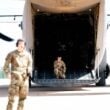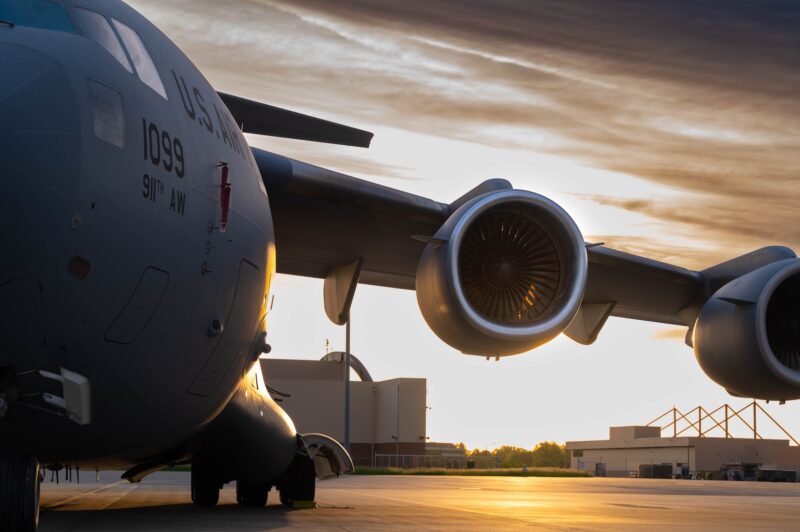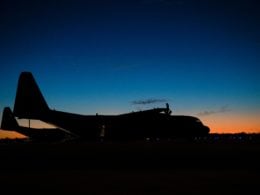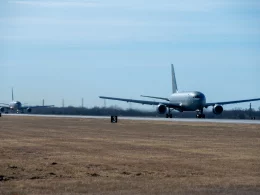SCOTT AIR FORCE BASE, Ill. —
Air Mobility Command (AMC) is scheduled to host a Joint Industrial Capacity and Capabilities Board in February of 2024, that will bring together key leaders from the aerospace industry along with academia and National Associations to discuss the industry’s concerns and the ability of the nation to shift production to support competition and conflict as outlined in the National Defense Strategy.
Tri-chaired along with Air Force Materiel Command (AFMC) and the Assistant Secretary for Acquisition (SAF/AQ), the board seeks to understand specific challenges in the aerospace industry (workforce, materials, manufacturing) that impact industrial capacity and capabilities required to sustain global Mobility Air Forces. Additionally, the Air Force aims to further understand industry’s ability to shift from producing commercial aviation materials and equipment to the production of military aviation materials and equipment.
The JICCB will be comprised of experts across all three organizations focused on developing solutions to further enhance the department’s ability to meet aviation production requirements in a short or sustained conflict.
The need for discussions with civilian industry partners arise from the intricate relationship between military preparedness and industrial capabilities. By engaging with the commercial aviation sector, the Air Force aims to address potential challenges related to accelerating production during contingencies and times of conflict ahead of need. This collaboration is essential for several reasons:
Adaptability and Agility for the Force: Collaboration allows the military to rapidly respond to conflict and send a demand signal to industry, ensuring a rapid response during conflicts.
Capacity Assessment: Assessing the commercial aviation industry’s production capacity and capabilities provides the understanding needed to inform deliberate planning for competition and conflict.
Timely Transition: Understanding timelines of the aviation industry to accelerate production is crucial. This information also informs deliberate planning and ensures timely availability of essential military aviation materials and equipment.
Resource Allocation: Identify potential investments and non-monetary support necessary to facilitate a smooth transition between commercial and military production.
Discussions with civilian industry partners align with AMC’s commitment to enhancing the joint force’s readiness and capability. By fostering collaboration, AMC, in conjunction with SAF/AQ and AFMC, aim to leverage the strengths of both military and civilian sectors, contributing to a more resilient and adaptable defense posture.
In 1940, the United States was found to be underprepared for a conflict with the Axis powers before WWII. Through a tightened relationship between commercial industry and the government, the United States was able to shift industry production from commercial to military, leading to victory in the war. The AMC-hosted forum aims to follow that model and leverage a similar relationship with the commercial aviation industry.









